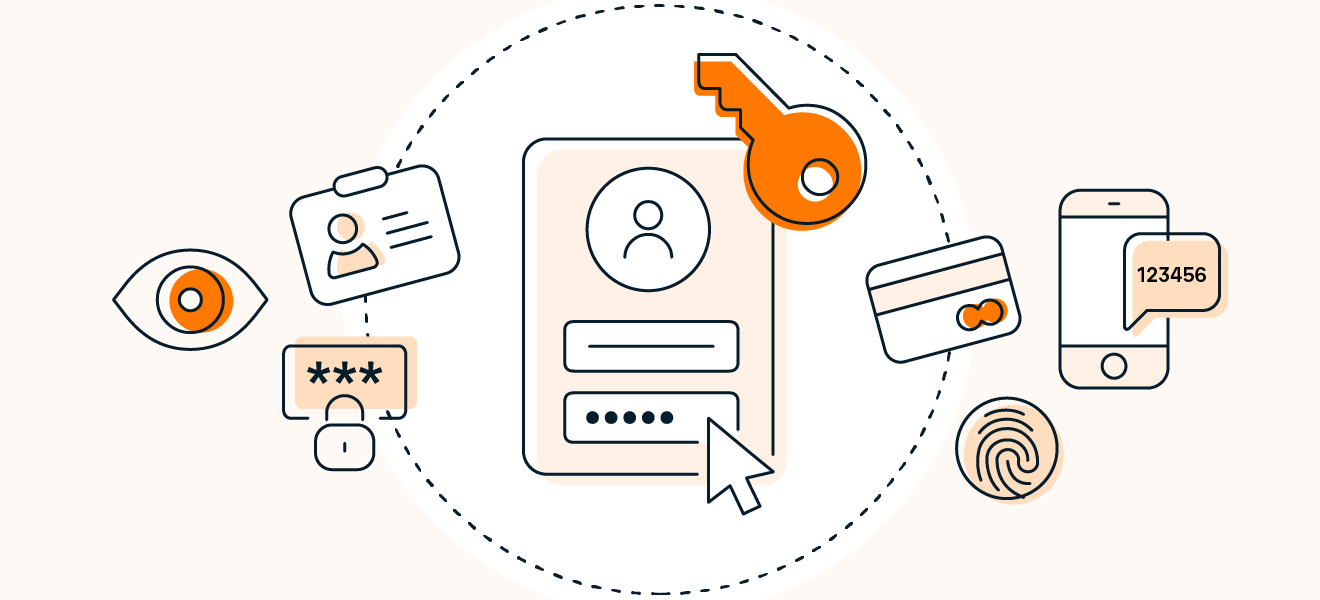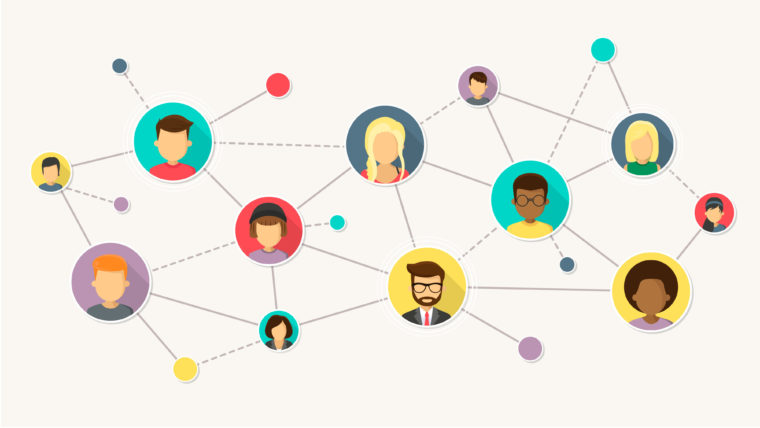7 Personal Cybersecurity Tips to Help Keep Your Data Safe
- Keep your software up to date
One of the most important tips to mitigate ransomware is to patch outdated software in the operating system as well as applications. These updates help to get rid of vulnerabilities that hackers can use to access your data. Some things that you can do is to turn on automatic updates on your device, use automatic security updates on your browser, and keep plugins like Flash or Java updated as well.
- Use Anti-Virus Protection and Firewall
Anti-virus protection software prevents malware and viruses from entering your device and compromising your data. A firewall also helps to block out hackers and determines what traffic is allowed to enter your device. Windows and Mac OS X come with firewalls, but your router should also have its own firewall built in as well. Make sure to only run one anti-virus software on your device.
- Use Two-Factor or Multi-Factor Identification
Multi-Factor identification neutralizes the risks associated with compromised passwords by adding an additional layer of online identification. These can include personal identification codes, fingerprints, personal security questions, and more.
- Learn about Phishing scams – be very suspicious of emails, phone calls, and flyers
A phishing scam is when an attacker poses as someone or something that can trick you into clicking a malicious link or opening an attachment that executes a disguised program that can damage or steal your data. These scams are becoming more and more common with 90% of ransomware attacks originating from phishing attempts. You should be extremely cautious when receiving these emails, calls, etc. and never click on any links or attachments without verifying the sender first.
- Backup your data regularly
Backing up your data can often be overlooked, but if you become a victim of a cyberattack, one of the only things that you can do is to erase your systems and restore with a recent backup. Everyone has data that they do not want to lose, so backing up regularly helps keep this data safe in the event of an attack.
- Use strong passwords
You should always make sure the passwords you have for your accounts are not easily identifiable. Your passwords should include at least one of all of the following: an uppercase letter, lowercase letter, a number, and a few symbols such as an exclamation mark. Also, remember to never use the same password twice as if one ever gets breached, all of your other accounts with the same password are then susceptible to a breach.
- Review your accounts and credit reports regularly for changes
You should be monitoring all of your accounts and your credit to see if anything has changed recently. A credit freeze is the most effective way for you to protect your credit information from hackers right now.
Overall, these tips can help you keep your data safe as well as giving you a better idea of what to do if you do happen to become a victim of a cyber attack.
For more information, check out: www.cyberjobcentral.com
https://cipher.com/blog/10-personal-cyber-security-tips-cyberaware/


